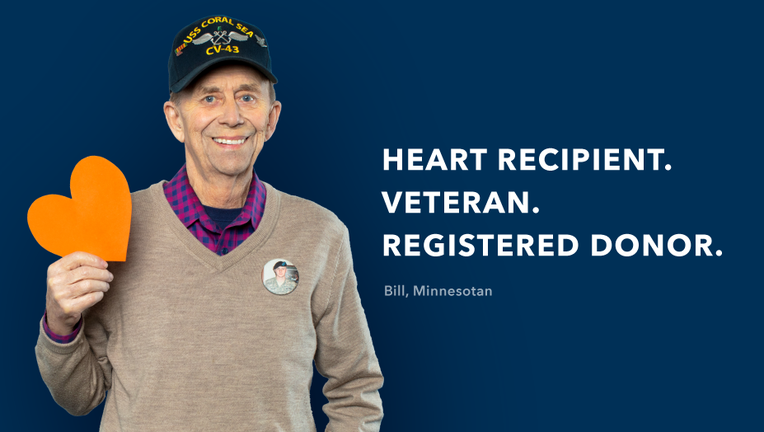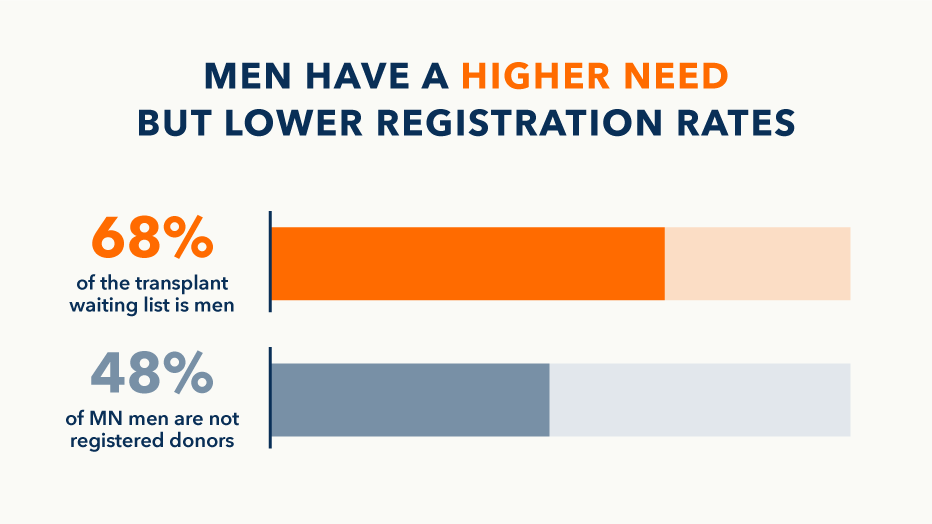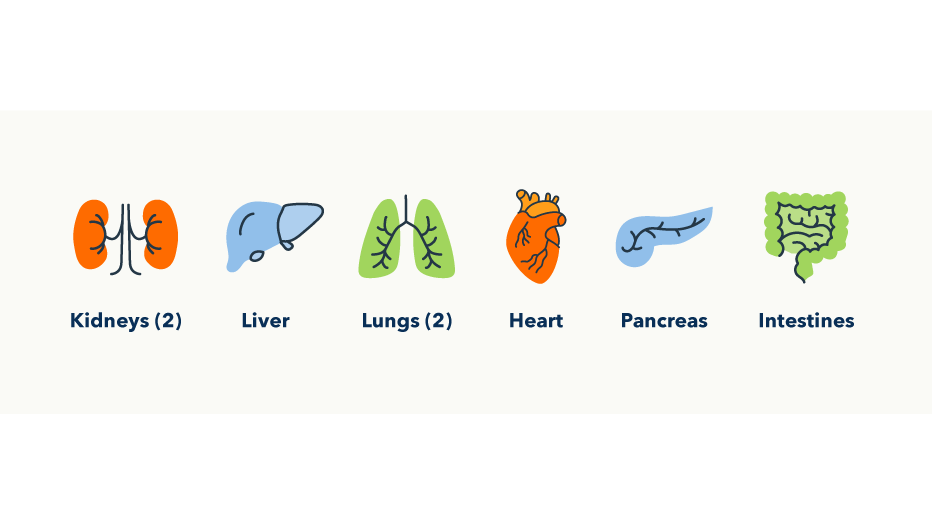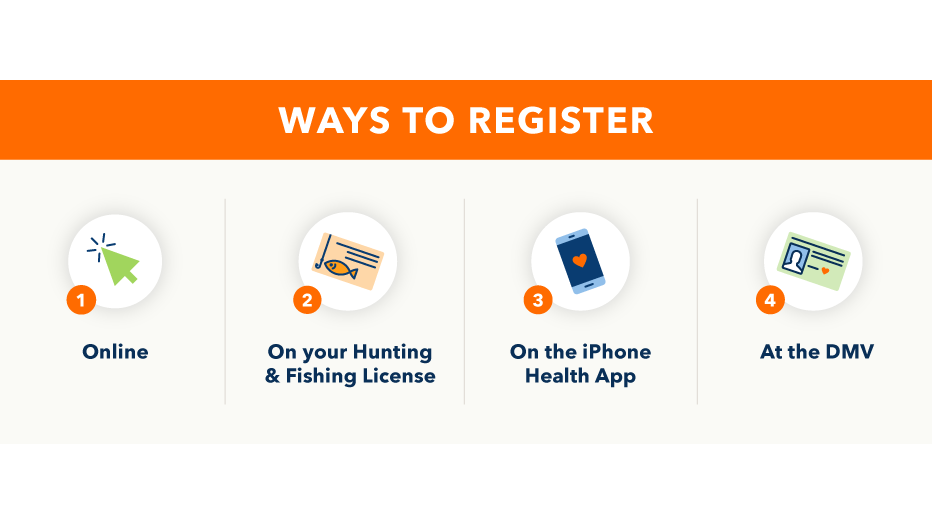The need and urgency for more men to register as organ donors
This content was provided by our sponsor, LifeSource. The FOX editorial team was not involved in the creation of this content.


More men than women are in need of a transplant, yet fewer men register as organ donors.
When veteran Bill Carlson was diagnosed with congestive heart failure in 1995, he couldn’t believe he might one day need a heart transplant. As time went on, it was his friends and family who helped him see just how sick he was. "I kept telling myself I wasn’t that sick," he shares. "But my friends and family had a different outlook - to them it was more obvious." After a pacemaker, several surgeries, and countless hospital stays, Bill received the heart that saved his life in 2009.
Organ donation is a gift that saves and heals thousands of lives each year, yet there are still many more people waiting for a transplant than there are organs available. In fact, a name is added to the waiting list every 9 minutes - a list that holds the names of more than 100,000 people.
Nationally, 68% of people waiting for a transplant are men. More men are listed for every organ, and three times as many men than women are waiting for a heart transplant. Yet men are less likely than women to register as organ donors.

While it’s not clear what’s behind the gender gap in organ donation, men often cite needing additional information to make a decision. There are many myths and misconceptions about donor registration; steer clear of misinformation and get the facts about choosing to be an organ donor.
Here are answers to common questions about registering as a donor:
What does it mean to register as a donor?
Registering as an organ donor is a legal decision that means you agree to donate your organs, eyes and tissues to help others after your death. It’s a decision that will be honored if you have the opportunity to be a donor, so it's important to talk with your family about your choice.
What can be donated?
One donor can save and heal more than 75 lives. Did you know all of the following can be donated?
Organs: Heart, lungs, liver, kidneys, pancreas, and intestines.
Tissue: Skin, veins, tendons, bone, heart valves and connective tissue.
Eyes: Whole eye or cornea.

Does my age or health prevent me from becoming a donor?
Your age or health does not prevent you from registering. Most health conditions do not prevent donation and age is not a factor. Medical advances now allow people with many chronic conditions to donate. Don’t rule yourself out – register!
Is my life the priority?
Yes. If you are taken to the hospital after an accident or injury, it’s the hospital’s number one priority to save YOUR life. Your status as a donor is not even considered until every effort has been made to try to save your life.
How can I register to be a donor?

There are four ways to register as a donor in Minnesota:
- Most people check the box when renewing or applying for a license at the DMV.
- Skip the line and register online.
- Register as a donor when applying for a hunting and fishing license online.
- iPhone users can register in the Health app on their Apple device.
More registered donors means a better chance at getting an organ for everyone. That includes people like Bill, who’s donated heart has continued to be for nearly 15 years. Thanks to the generosity of his donor, Tommy, whose family he’s met, Bill has had more than 5,000 extra days with his three daughters and wife. Read more about Bill’s story.
Looking for more information? Check out our frequently asked questions about organ, eye and tissue donation.
This content was provided by our sponsor, LifeSource. The FOX editorial team was not involved in the creation of this content.

